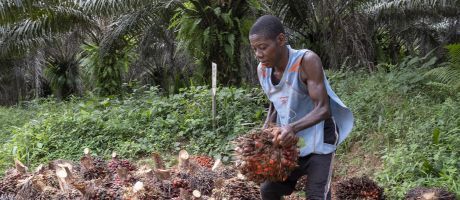
Letter to GVL: halt violence at Liberian palm oil plantation
On a palm oil plantation of Golden Veroleum Liberia (GVL) violence is committed against the Bellehful community. SDI Liberia and Milieudefensie request the palm oil company in a joint letter to immediately halt the abuses.
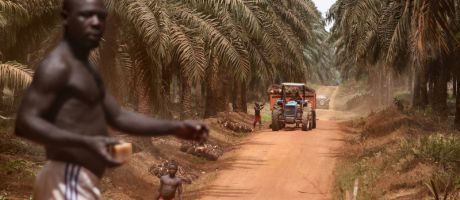
Camvert oil palm plantation threatens forests and wildlife
Milieudefensie and CED worked with researcher Geoff Griffiths to map deforestation and forest degradation in the Camvert oil palm plantation in Cameroon. This plantation is illegal and threatens valuable forests and wildlife.
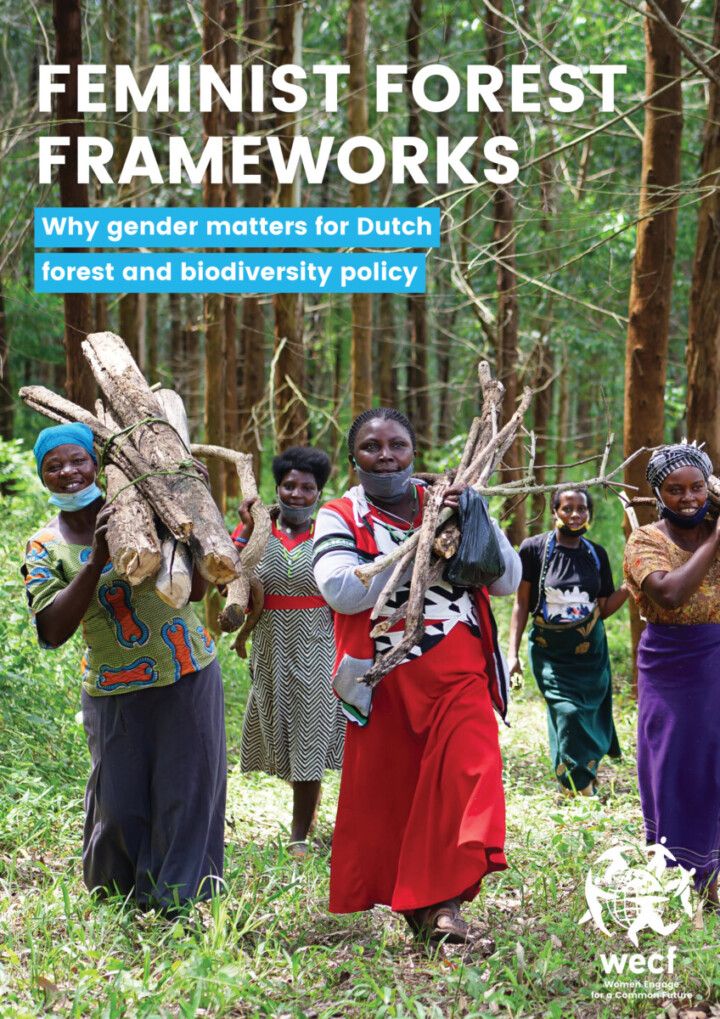
Feminist forest frameworks – policy brief
Since the Netherlands is an actor with a strong history of gender advocacy in the EU and global policy arenas, WECF has conducted a feminist analysis of key forest and biodiversity policies, regulations, and strategies of the Dutch government. We found that most Dutch and EU policy documents are either entirely lacking a gender perspective or they are gender-sensitive, at most.
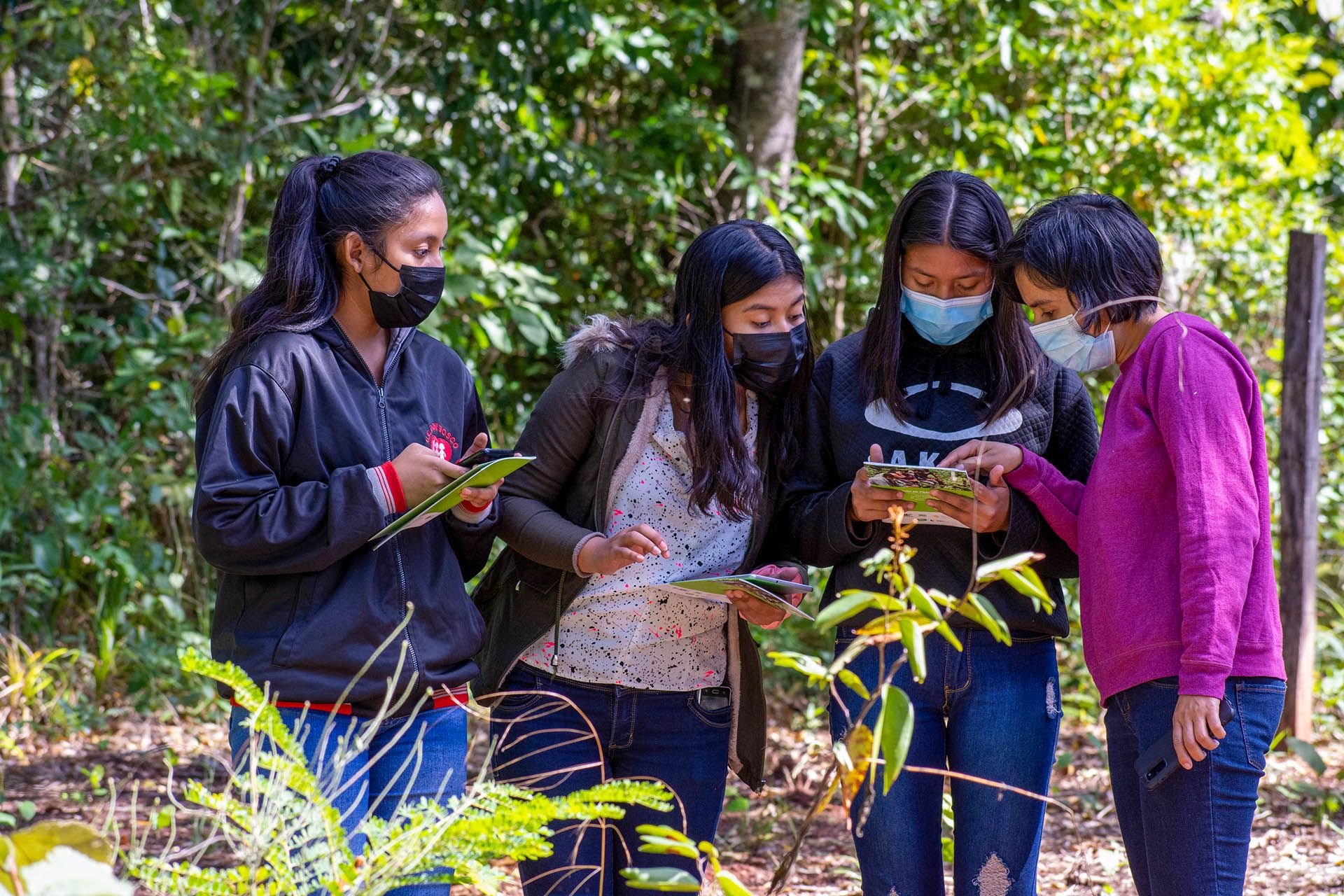
Indigenous youth of Guarayos now managing their own forests
The forests of Guarayos provide more than half of Bolivia’s wood supply. But this is threatened by overexploitation, while younger people have been leaving to find work elsewhere. This video shows how a programme supports indigenous youth to be more aware of the value of their forests, the economic opportunities available, and to build the needed skills to make the most of these. The result – more income for them and their communities, less migration, and improved sustainable governance of local forests.
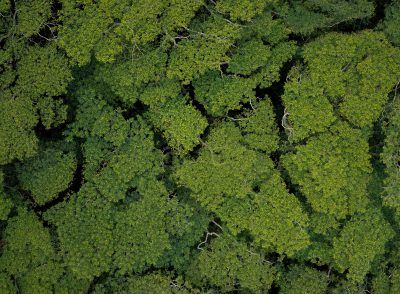
Call for proposals - Mid Term Review
The Green Livelihood Alliance will conduct a Midterm Review (MTR) of the FfJF for the period of 2021 – mid 2023. The alliance calls for an external consultant or consultancy firm to come up with a proposal for an appreciative user-centred MTR, that can help all organisations involved to reflect and adapt their strategies.
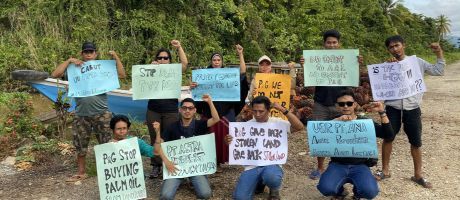
Indigenous people urge AAL to give back their land
Indigenous people and local communities suffer from landgrabs, violence and deforestation caused by Indonesian palm oil company Astra Agro Lestari. They ask AAL to return their land and rights unconditionally. And for big companies like Unilever, ABP and FrieslandCampina to immediately withdraw as financiers and buyers of AAL.
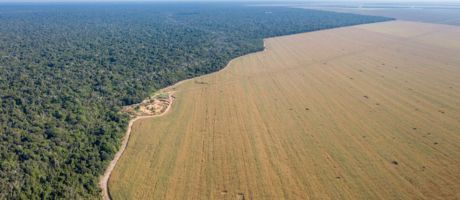
Financial institutions simply cannot be left out of EU Deforestation Regulation
EU member states should stand with the European Parliament and require banks and asset managers to undertake due diligence checks to stop the financing of companies linked to the destruction of the world’s remaining forests. This is the only way to sufficiently address Europe’s contribution to deforestation, forest degradation and human rights violations, Friends of the Earth Netherlands and Global Witness write.
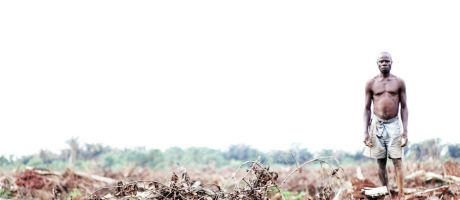
Statement against greenwashing by palm oil label RSPO
On Thursday the annual meeting of the palm oil sustainability label RSPO starts in Malaysia. 100 organisations state that 19 years of greenwashing environmental destruction, labour and human rights abuses and landgrabbing by the palm oil industry is more than enough.

Nickel mining in Indonesia: economic prosperity and ecological disaster
On November 15th and 16th, the G20 summit took place on the Indonesian island of Bali. An important moment for the Indonesian government to communicate its ambitions and potential as an economic superpower to an international audience. In doing so, the country is betting heavily on nickel, a key component of electric car batteries.
Header photo © Galen Priest / AlTO
